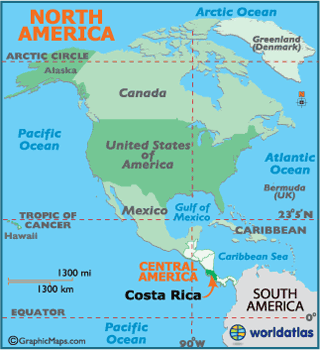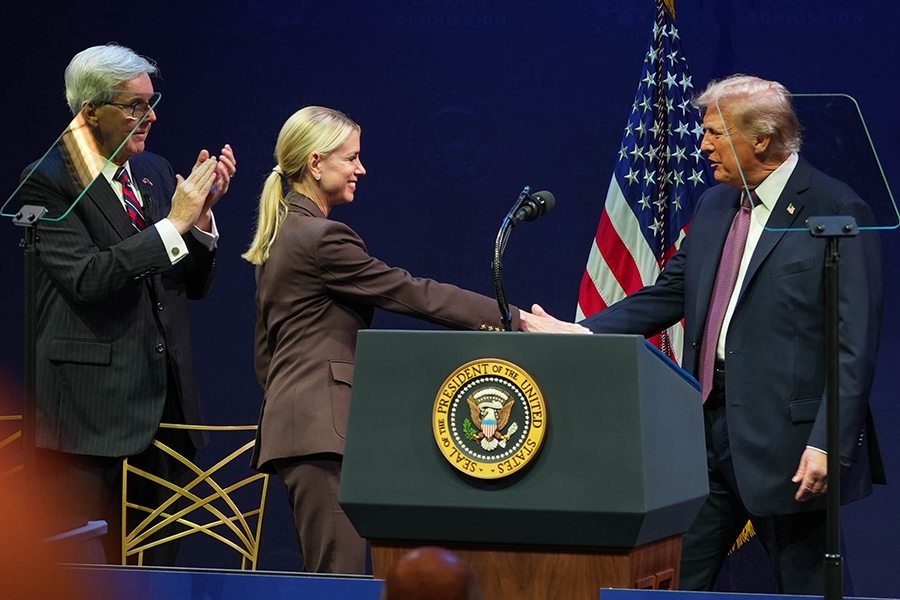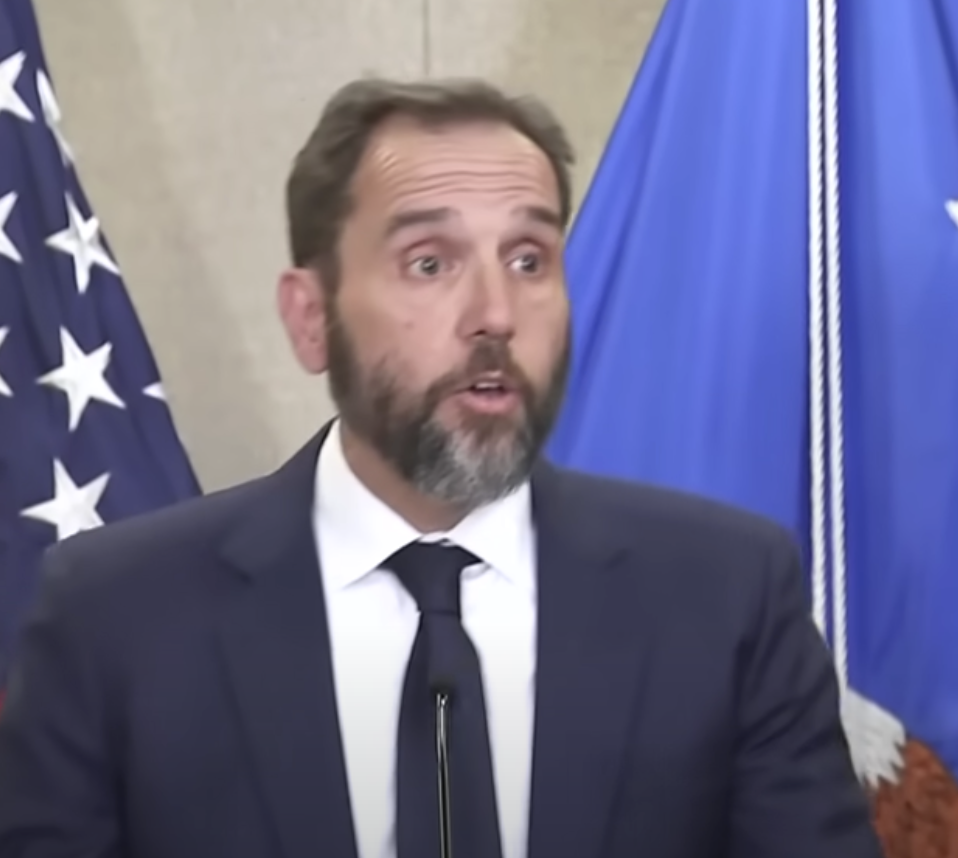 Ross Parker was chief of the criminal division in the U.S. Attorney’s Office in Detroit for 8 years and worked as an AUSA for 28 in that office.
By Ross Parker
ticklethewire.com
Ross Parker was chief of the criminal division in the U.S. Attorney’s Office in Detroit for 8 years and worked as an AUSA for 28 in that office.
By Ross Parker
ticklethewire.com
As he left for work on a January day this year, Police Officer Carlos Perez said goodbye to his wife and young children at their home in Limon, Costa Rica.
As law enforcement officers and their families across the globe, they faced the unspoken reality that it could be the last time they would have together. This day this reality came true.
Officer Perez and his partner, Jesus Garro, were motorcycle cops in Limon, and their assignment on that day was to apprehend four burglars who had ransacked a house, tied up its owner, and stole his truck filled with much of his personal property. The officers did find the criminals, shots were fired, and the stolen truck veered into them while they were standing next to their cycles, killing them both instantly. One of the officers managed to shoot and kill one of the culprits before the truck crushed him and his partner.
Two of Officer Perez’s relatives, who live in the US, were in Limon visiting at the time of the murders. After they read my column last week about drug trafficking in Honduras, we talked several times about their search to understand his death and what effect drug trafficking was having on their idyllic little country. I am grateful for their sharing with me this discourse at a time of family grief.

Their unspoken question was whether American consumer demand for cocaine had been a direct or an indirect cause of this tragedy.
The answer, as with so many imponderables in the war against drugs, is that we may never know if there was a direct relationship between the increased Mexican drug cartel activity in Costa Rica and the men who killed the officers. There does, however, appear to be a reasonable likelihood of an indirect connection.
For several years the cartels have increasingly used Costa Rica as a transit point and storage and trading center for cocaine coming from South America and destined for the US. They commonly hire local criminals to assist the operation. These recruits frequently come to use the drug and need sources of illegal cash to support their habits. Burglary is a worldwide method to raise money for drugs.
Life in Costa Rica is much different than that for most Hondurans. As reported earlier, Honduras suffers from all of the ancillary effects of the combination of poverty and drug trafficking, overflowing prisons, unchecked criminal violence, official corruption, unstable governments, and rampant street crime by criminal gangs.
In contrast Costa Rica has managed to avoid the chaos of bloody coups and government instability. In 1949 Costa Rica abolished its army and used the money to promote social improvement. For half a century it has increasingly become a peaceful liberal democracy with a high standard of living and a thriving tourist industry. In 2009 the New Economic Foundation ranked Costa Rica as first in the world on its Happy Planet Index.
This health and happiness assessment is apparent among the people of Costa Rica. They enjoy a long life expectancy, a better health care system in many respects than that of the US, and a high literacy rate. A common response among friends to the question “how are you?” is “Pure Vida” or good life.
The question is whether the drug cartels’ efforts to satisfy their American customers is going to mess up the Good Life in this easy going paradise.
The one area that the Central American neighbors of Honduras and Costa Rica have in common is the unfortunate geography, in this respect, of occupying territory from the Caribbean to the Pacific. Anything traveling by land from South America to Mexico must cross the territorial bridge of each country. Today 80% of the cocaine coming from South America passes through these countries.
The increasing use of the cocaine highway from Colombia, Peru and Bolivia, ultimately to the US, has meant that Mexican syndicates like the Mexican Sinaloa Cartel utilize both countries as trading centers. The effects on Honduras have been obvious and deadly.
The effect on Costa Rica has been more subtle but is equally troublesome to its citizens because of the peaceful equanimity they have enjoyed. But evidence of trafficking has become more and more apparent in the last two or three years. The lengthy coastlines and unguarded border crossings make drug enforcement a difficult challenge for the limited number of police in the country, only 11.000 officers with no military support. Even with recent increases the law enforcement budget for the country is less than most major US cities.
On the positive side the US, through DEA and the military, have established an effective partnership along with providing tens of millions of US dollars that have enabled Costa Rica to transform its law enforcement and criminal justice system with the help of a$2 million satellite and radio communication station on the Pacific coast.
The Costa Rican government has responded to the challenge by taking an aggressive stand against drug activity and related crimes. Further proposals include new wiretap, extradition and forfeiture laws, as well as increased sentences and imprisonment statistics.
Some in the country fear that these efforts are negatively affecting the Good Life in Costa Rica. However, the power and resources of the cartels seem to have given the country few alternatives but to take this get-tough stance.
The President of Costa Rica has asked two things of the US: Increase its support and cooperation for international drug enforcement, and step up its efforts to reduce consumption in the US. These appear to be reasonable requests.
The Perez children will grow up with the knowledge that their father was a hero who sacrificed his life to improve the lives of his countrymen. Like the families left behind by fallen American law enforcement officers, they deserve to know that their sacrifice came with the realization that a renewed commitment to drug enforcement both at home and abroad was in order in America.




